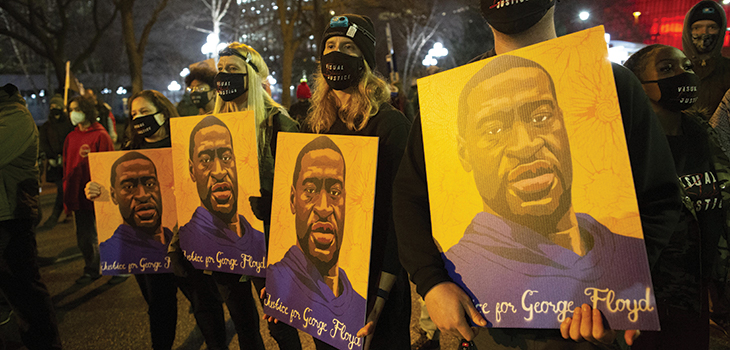
- Without video evidence one wonders whether there would have been criminal charges, let alone a conviction.
There was immense relief in America—and certainly in many other countries too—that the trial of former police officer Derek Chauvin ended with verdicts of guilty on all three counts—second degree murder, third degree murder and second degree manslaughter of George Floyd. Chauvin’s bail was revoked and he was led from the court in handcuffs.
Given the overwhelming strength of the prosecution’s evidence and a diverse jury, an acquittal was always unlikely. But in the US the jury in a serious criminal case must be unanimous and there was always the possibility that the defence would succeed in persuading at least one juror to hold out against conviction and thereby cause a mistrial.
One thought it might take the jurors several days to sift through two weeks of evidence of over 40 witnesses,









